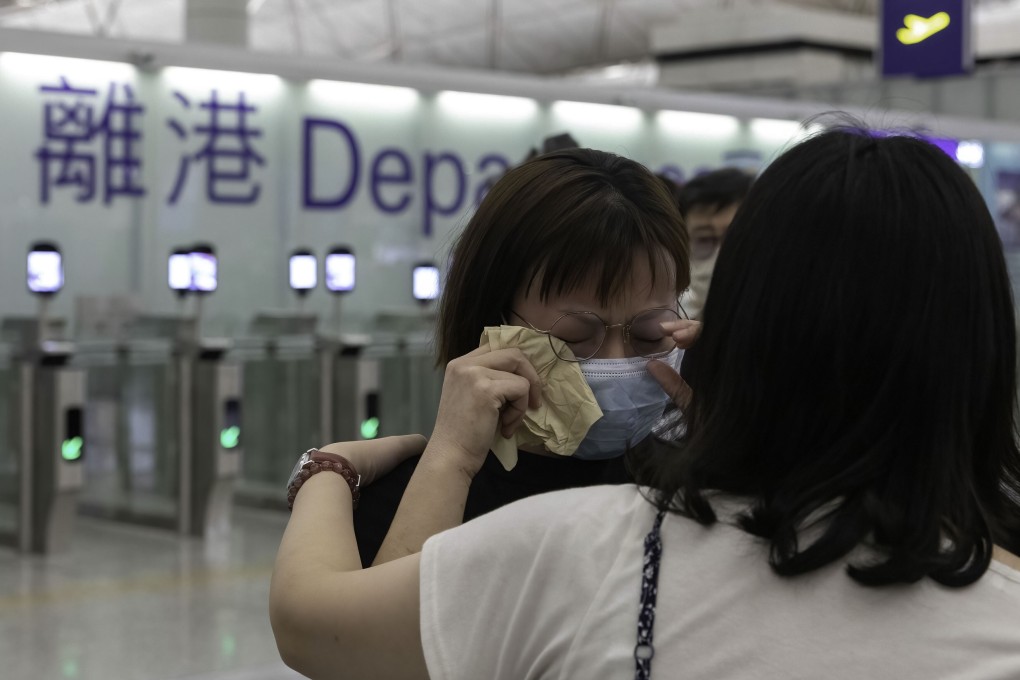My Take | An emigrant wave perhaps, but they always come back
- Previous waves were in response to the horrors of the Cultural Revolution, the Tiananmen killings and the 1997 handover, compared to which current concerns seem relatively benign

In the mid-1960s, around the time I was born in Hong Kong, a patriotic aunt answered the call of duty and returned to the mainland to volunteer as a teacher.
Before the year was out, she was denounced as an “intellectual”. We never found out what really happened to her, other than that she supposedly committed suicide in jail after being “struggled” against.
My mother, she later told us, was so shaken and terrified that she vowed to emigrate as soon as we could afford to. We did so more than 10 years later, to Canada. We ended up joining a first wave of emigration.
Then between Tiananmen in June 1989 and the 1997 handover, many Hong Kong people again moved away because the communists were coming. After each wave, though, people came back. I did, and found work as a local reporter in the 1990s.
